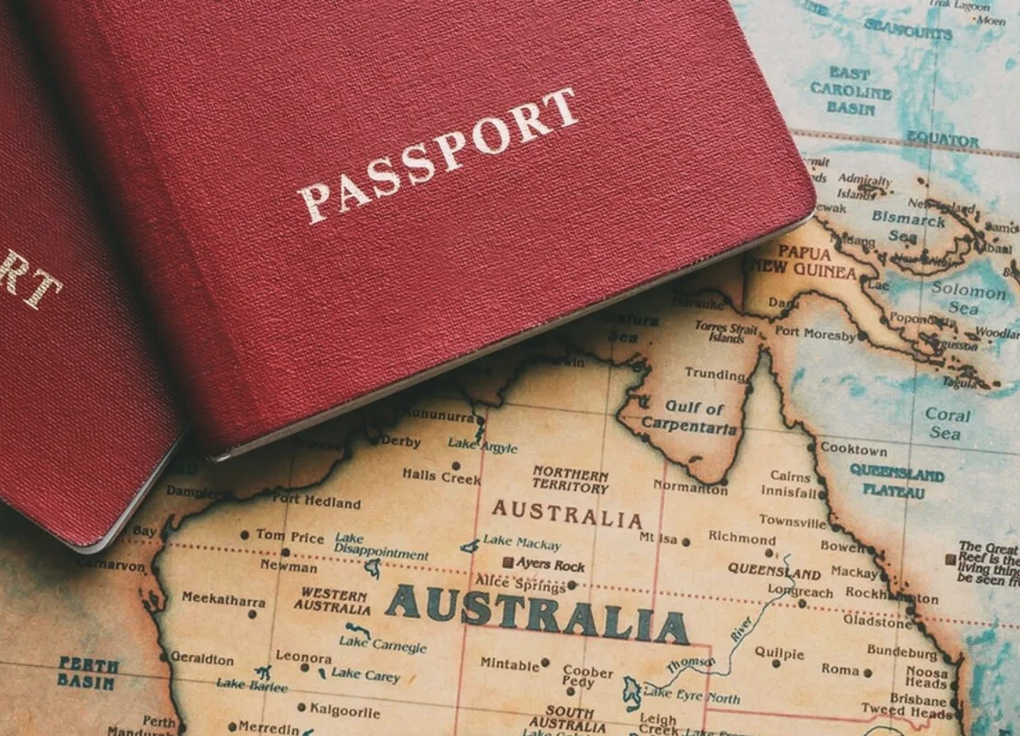
Down Under Dilemma: Australian Vacation Travel Data Breach Exposes Sensitive Information
The data breach has cast a shadow over the Australian vacation travel industry, revealing a significant security lapse. An ethical security researcher stumbled upon an unprotected database containing sensitive customer information related to Australian vacation travel records. The breach, a potential nightmare for travelers and the industry alike, sheds light on the critical need for robust cybersecurity measures and responsible data management practices.
The Uncovered Breach:
In this case, a diligent ethical security researcher uncovered a non-password protected database containing a treasure trove of Australian vacation travel records. The exposed data encompasses a wide range of sensitive information, including customer names, passport details, travel itineraries, accommodation bookings, and contact information. The breach raises serious concerns about the privacy and security of those who entrusted their information to these travel services.
The Ethical Researcher’s Discovery:
The discovery was made by a cybersecurity professional with a commitment to ethical security practices. By leveraging responsible disclosure principles, the researcher promptly alerted the affected travel agencies and relevant authorities upon the database’s discovery. This ethical approach aims to minimize the potential harm caused by the breach and allows the travel agencies to take immediate action to secure the exposed data.
Risks Imposed on Travelers:
- Passport and Identity Theft: With passport details readily available, affected travelers are at risk of identity theft, potentially leading to fraudulent activities and financial losses.
- Itinerary Manipulation: Cybercriminals could manipulate travel itineraries, causing disruptions, missed flights, or even unauthorized access to sensitive locations.
- Phishing Attacks: The exposed data provides a fertile ground for cybercriminals to launch targeted phishing attacks, posing as legitimate travel agencies to trick individuals into revealing more personal information.
- Privacy Concerns: The breach raises significant privacy concerns, as customers’ personal details and travel plans are now accessible to unauthorized entities.
Immediate Actions for Affected Travelers:
- Verify Travel Plans: Travelers are urged to verify their current travel plans directly with the concerned travel agencies to ensure accuracy and legitimacy.
- Monitor Financial Statements: Regularly monitor bank statements and financial transactions for any unauthorized or suspicious activities. Report discrepancies to financial institutions promptly.
- Change Passwords: Update passwords for all accounts associated with the affected travel agencies and consider enabling multi-factor authentication for added security.
- Stay Informed: Stay informed about the breach and follow updates from the travel agencies and relevant authorities regarding steps taken to mitigate the impact.
Industry Response and Future Precautions:
The travel industry must acknowledge the severity of this data breach, learn from the incident, and implement robust cybersecurity measures. Secure database management, encryption, and regular security audits are crucial components in fortifying systems against potential breaches.
As the affected travel agencies work towards resolving the breach and securing customer data, the incident serves as a stark reminder to the broader industry of the ever-present need for proactive cybersecurity measures and ethical practices in data management.
In conclusion, this Australian vacation travel data breach underscores the imperative for constant vigilance and robust cybersecurity practices in an era where personal information is increasingly digitized. It is a call to action for both the industry and travelers alike to prioritize data security and privacy in order to ensure a safe and secure travel experience for all.


